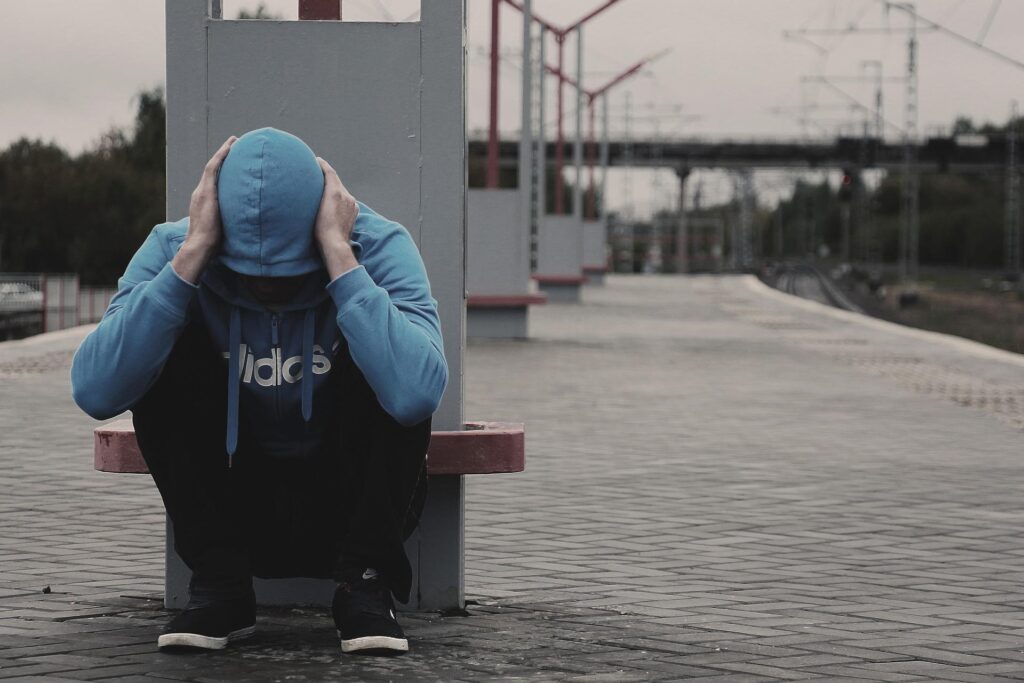Addiction to alcohol and other substances such as marijuana, LSD, MDMA, and cocaine is most common among teens, according to a study by the National Institute on Alcohol Abuse and Alcoholism (NIH). Such drugs are called ‘party drugs’, as users often take them to experience a euphoric feeling or a step back from reality. Various reasons influence teens to get involved in the usage of drugs, such as experimenting, peer pressure, or other people their age are doing it. Some may also use it to boost their confidence because they’re introverts and have trouble blending in with the crowd. Discovering that their child has been taking drugs may be highly upsetting for parents. However, suboxone doctors in White Marsh suggest extreme caution in this scenario, as a parent’s reaction might have severe consequences for their child.
Signs You Should Look Out For
Expert addiction psychiatrists in Baltimore advise you to be on the lookout for the following red flags if you fear your child is using drugs:
1. Changes in Behavior
Do you feel that your child is missing too much school? Are they failing their exams? Do they have temper tantrums that aren’t necessary? Do they prefer to remain hidden behind closed doors and ignore any confrontation? This behavioral pattern can be a warning sign if it’s frequently happening.
2. Changes in Eating Habits
Have you seen a sudden shift in your child’s eating patterns, such as an increase in appetite, a decrease in appetite, or an insatiable need for snacks at odd hours? Substance abuse can cause several physiological problems. Both severe hunger and total loss of appetite can be side effects of certain drugs. This is not a promising sign either way.
3. Changes in Physical Appearance
A dramatic increase and decrease in weight indicate drug use in most cases. In addition, if you discover a bottle of eye drops in your teenager’s backpack or drawers, they probably use it to treat the watery or red eyes brought on by substance abuse.
What Happens Next?
Experts at suboxone treatment centers in Maryland advise not reacting negatively to these warning signals, whether out of anger, emotion, or denial. Likewise, turning a blind eye is also not an option. In circumstances where your teen’s life is on the line, it’s essential to keep your composure and not make things worse. This is one of them. Take some time to discuss the problem with your partner. Are there frequent arguments between you two in the presence of your kid? Are they associating with people who could have a bad influence on them? Are they experiencing difficulties in their personal lives due to their age? When you’ve decided, choose the best moment to approach them. You can expect some trouble since they may get aggressive and perhaps deny any involvement with drugs. But put yourself in their shoes. Relax them and convince them to open up to you. Show them that they can trust you and that you will assist them in whatever is upsetting them.

Get Them The Help They Need
As suboxone doctors in White Marsh state, noticing all red flags yet ignoring the situation is perhaps the worst thing a parent can do. At Maryland Medication Assisted Treatment and Technology (MD M.A.T.T.), we offer substance abuse treatment in White Marsh and will be glad you help you and your teen. Contact us today to learn about our addiction doctors in White Marsh or to schedule an appointment.



